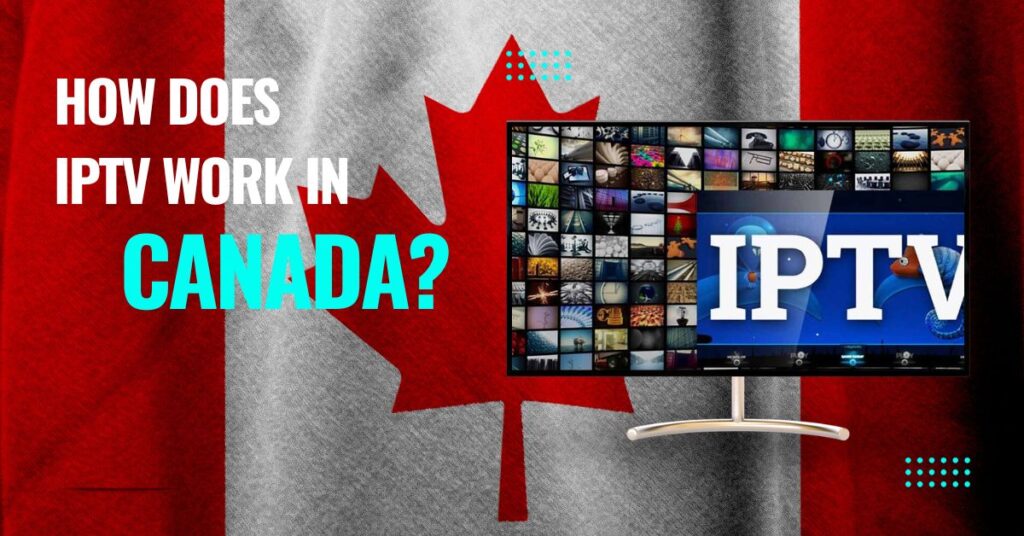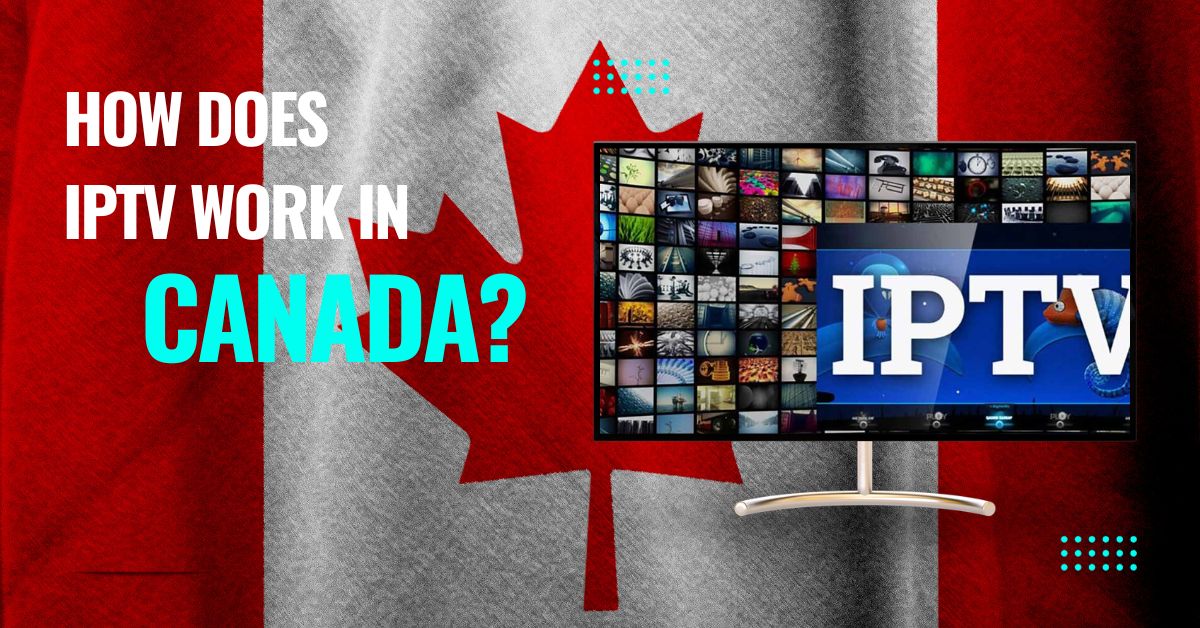
The swiftly changing environment of digital entertainment has made Internet Protocol Television (IPTV) a preferred substitute for conventional cable and satellite television. In Canada, where varied consumption patterns and technological advancements converge, IPTV affords viewers a flexible, if not completely customizable, way of accessing content, including shows and channels they may wish to view. But how does IPTV function in this country? Let us examine the workings of this technology and its possible effects on Canadian consumers. Essentially, IPTV delivers television programming over the internet, as opposed to through conventional broadcast means. This makes using satellite dishes or cabling unnecessary, and provides the possibility of streaming everything directly to the devices with which viewers wish to watch, as long as there is an adequate internet connection. IPTV uses a protocol called Internet Protocol (IP) to send video data, which allows for a more interactive, and potentially much more personalized, viewing experience.
In Canada, numerous companies, from telecommunications behemoths to smaller, specialized providers, offer IPTV services. These services deliver a broad selection of channels, video-on-demand content, and an array of time-shifting and catch-up TV features that let subscribers watch programs at their leisure. The technology behind IPTV is straightforward yet sophisticated. When a user subscribes to an IPTV service, they are almost always provided with a set-top box that connects to both their TV and their internet. This box is the gateway: It takes the internet signal and converts it for use by the TV—though almost always, the signal has already been converted by the time it reaches the TV.
A series of data packets delivers the content. Unlike conventional broadcasting—which sends out one single signal intended for multiple viewers—IPTV sends tailored streams to each individual user. This not only significantly boosts the picture quality and cuts down on buffering but also gives IPTV the opportunity to serve up many more kinds of features and options to its subscribers. These include something called video on demand (VOD), which allows users to choose what they want to watch from a sizable library of content. For as far as we can tell, IPTV has one very large advantage here over its competitors—its flexibility. Canadian consumers can choose from an almost bewildering array of subscription plans that cater to all kinds of tastes and budgets.
IPTV services give access to exclusive content that is unavailable through traditional cable providers. This is especially alluring in a multicultural nation such as Canada, where each distinct community seeks out programming that mirrors its cultural milieu. Most IPTV providers offer up an international lineup and serve it in a number of languages. They cater to the well-heeled immigrant communities as well as the first-place passport-holding Canadians in much of that programming lineup, along with some of us who are just plain and unashamedly tele-addicted. Despite its many upsides, IPTV has its challenges, the most pressing of which is internet bandwidth. For it to work properly, IPTV needs a good, stable internet connection, which isn’t a given in much of rural and remote Canada.
The legal situation regarding IPTV can be somewhat convoluted. Though a number of legitimate IPTV services function lawfully, there are also many unauthorized providers who offer them “contents of questionable legality.” When you’re deciding which IPTV service to buy, be careful—those who don’t subscribe to a lawful service may find themselves on the wrong side of the law. Nevertheless, with the advancement of network technology, and despite being somewhat overshadowed by the over-the-top (OTT) offering of the moment, the future of IPTV in Canada is bright.
Content providers want to connect with their audiences and, as a result, are now using many ways to get their message out. More than ever, we see this happening with an increase in exclusive programming and partnerships that enhance the already great value of using IPTV.
In short, IPTV is a significant development in how Canadians watch television. By using the internet, IPTV totally changes the viewing experience, giving the audience much more control to fit said experience into their unique television-watching lives. It will be very interesting to see not only how IPTV’s second year of operation in Canada goes, but also how it reinvents the future of television entertainment up here in the Great White North.


